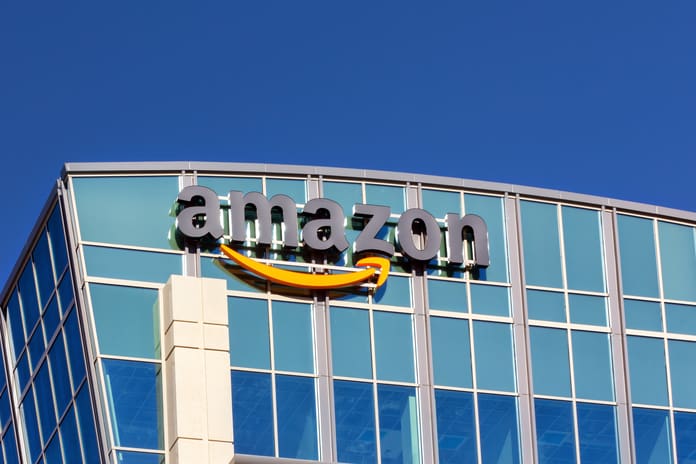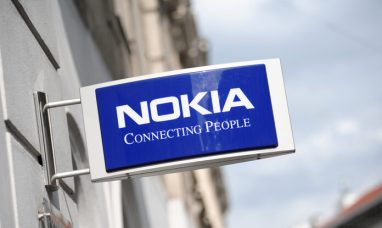Hudson’s Bay Co., the owner of Saks Fifth Avenue, has announced the acquisition of Neiman Marcus Group for $2.65 billion. This deal aims to merge two of America’s largest high-end department-store chains to capture a larger share of a slowing market. The transaction will be facilitated by Amazon.com Inc. (NASDAQ:AMZN) and Salesforce Inc. (NYSE:CRM), which will take minority stakes in a new entity named Saks Global. The financing includes $2 billion raised from investors and $1.15 billion in debt from Apollo Global Management.
Amazon and Salesforce have declined to comment on the deal specifics. The statement did not reveal the size of their investments.
Deal Details and Strategic Goals
The combined operations will encompass 39 Saks Fifth Avenue stores, 36 Neiman Marcus locations, and two Bergdorf Goodman stores in Manhattan. Both chains also operate outlet stores. The merger aims to cut costs and boost profitability by leveraging bargaining power with vendors and reducing supply-chain and other shared expenses.
Marc Metrick, CEO of Saks Fifth Avenue’s online operations, will lead Saks Global. Metrick emphasized the role of technology in future-proofing the brands, stating, “How do you future-proof a brand like Saks or Neimans or Bergdorf? You do that through technology.”
The acquisition concludes years of intermittent negotiations between the two competitors, which gained momentum following Neiman Marcus’s bankruptcy in 2020. The bankruptcy allowed Neiman Marcus to shed debt and become a more attractive target as luxury sales weakened over the past year.
Tech and Investment Partners
The involvement of Amazon adds a significant dimension to the deal. GlobalData analyst Neil Saunders remarked, “Its stake makes sense as it has ambitions to play more heavily in the luxury space and this would give it a toehold.”
This marks one of Amazon’s first investments in a physical retailer since its 2017 acquisition of Whole Foods Market. Amazon has also taken stakes in other industries, such as cargo carriers for its Prime Air delivery service.
Salesforce, which partners with luxury brands like Louis Vuitton and McLaren, doesn’t typically invest directly in retail companies. Its venture investments are usually in software startups.
Real Estate and Market Dynamics
US department stores are in flux, with Nordstrom Inc.’s (NYSE:JWN) founding family considering taking the retailer private, and Macy’s Inc. (NYSE:M) new CEO implementing a turnaround plan that includes closing nearly a third of its stores. The recent decline in department store share prices has spurred deal activity, according to Fitch Ratings analyst David Silverman. Hudson’s Bay Co. was motivated by Neiman Marcus’s valuable real estate.
The combined entity will have a US real estate portfolio valued at $7 billion. Recent luxury deals have provided a boost for New York’s commercial real estate market, which has struggled since the pandemic.
Geographically, Saks and Neiman Marcus have limited overlap, with Saks having more East Coast locations and Neiman Marcus stronger in the southern and western US.
Market Challenges and Competition
Both Saks Fifth Avenue and Neiman Marcus experienced a surge in sales from late 2020 through 2022, as consumers spent pandemic savings on luxury items. However, these gains faded as inflation surged, leading to year-over-year sales declines at both companies. Increased competition from brands like LVMH, Kering SA, and Richemont, which have focused on selling directly to consumers, has also impacted department stores.
Antitrust Scrutiny
The deal is expected to face antitrust scrutiny from regulators. Under FTC Chair Lina Khan, the agency has aggressively challenged mergers, including a recent lawsuit to block a merger in the fashion accessories sector.
Despite potential regulatory hurdles, Saks Global plans to enhance the brands’ online presence and personalize offerings for shoppers. Metrick stated, “As a consumer, you’re going to win.”
Featured Image: Megapixl©Wolterk









